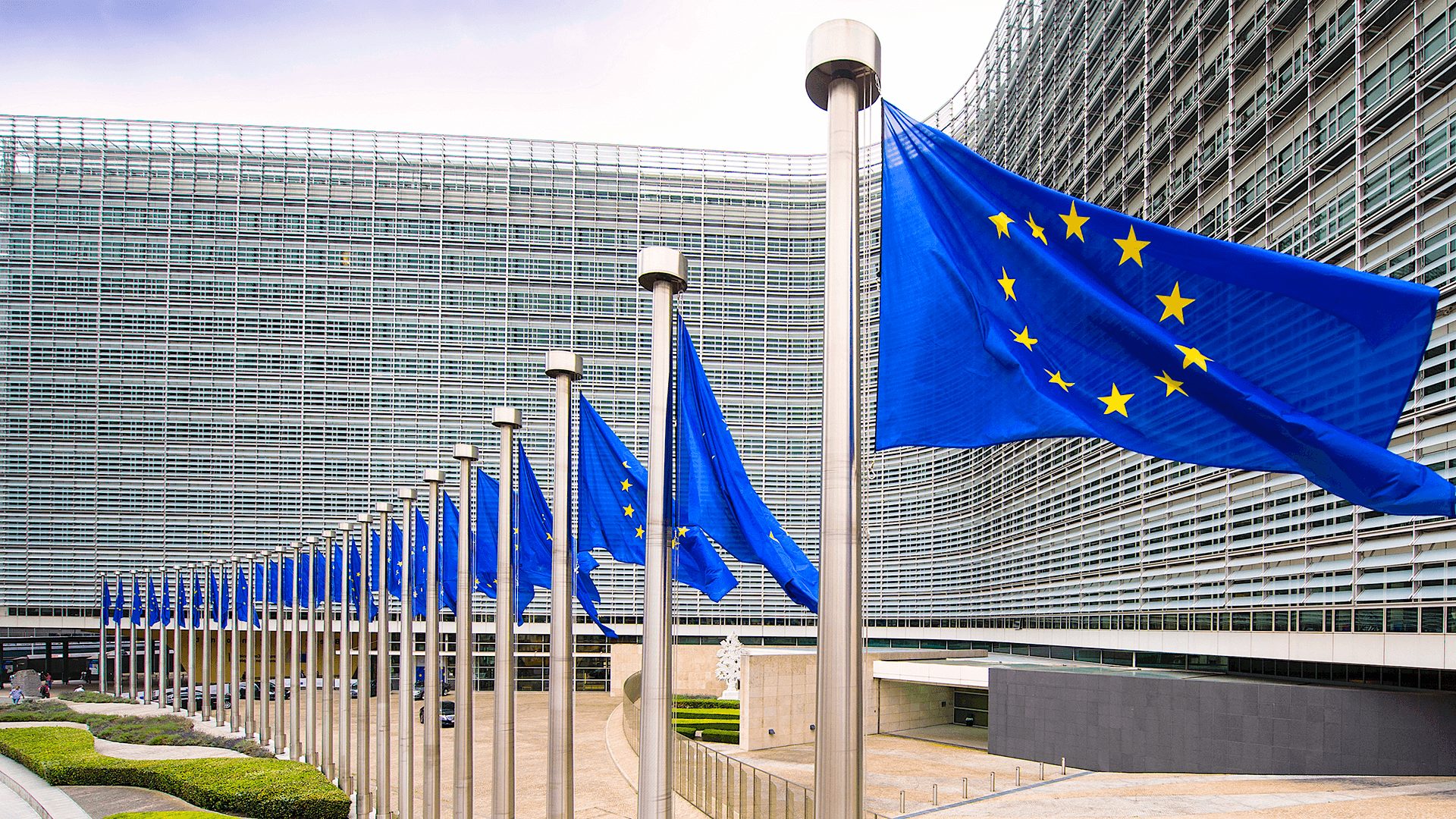EU Urges Malta to Reevaluate Energy Support

The European Commission has extended an invitation to Malta, urging the country to phase out its existing energy support measures. The move is in response to concerns over Malta’s government deficit, which is exacerbated by the substantial financial resources dedicated to energy subsidies. The European Commission recommends a shift towards means-tested support measures for energy price increases, signaling a broader fiscal strategy for the nation.
Commission Opinion on Malta's Draft Budgetary Plan
The European Commission’s Opinion on Malta’s Draft Budgetary Plan delivers a stern message regarding the fiscal trajectory of the country. According to the report, Malta’s Draft Budgetary Plan diverges from the Council Recommendation of July 14, 2023. The core concern highlighted by the Commission is the absence of related savings that could be utilized to alleviate the government deficit.
Recommendation to Wind Down Energy Support Measures
The Commission’s opinion report explicitly advises Malta to wind down its energy support measures promptly in the years 2023 and 2024. This directive aligns with a previous council recommendation issued in May, which urged the government to phase out energy support measures by the end of 2023. The overarching goal is to utilize the resulting savings to mitigate the government deficit.
Means-Tested Support Measures
Instead of relying on broad energy support measures, the Council suggests implementing means-tested support measures in the face of rising energy prices. This targeted approach aims to protect vulnerable households and businesses while ensuring a more sustainable and equitable fiscal policy.
Forecasted Budgetary Impact
The Commission’s 2023 Autumn Forecast provides insights into the anticipated budgetary impact of Malta’s current energy support measures. It predicts that Malta’s net budgetary cost for such measures will amount to 1.6% of GDP in 2023, with an increase to 2% in 2024 and a subsequent decrease to 1% in the following year. The forecast raises concerns as it indicates a failure to wind down energy support measures as recommended by the Council.
Risks of Non-Compliance
The Commission emphasizes that the prolonged existence of energy support measures beyond the recommended timeline poses a significant risk of non-compliance with the Council’s directives. This discrepancy may have far-reaching consequences for Malta’s economic stability and its standing within the European Union.
Budgetary Projections and Fuel Subsidies
Budgetary projections reveal that the Maltese government is set to allocate approximately €320 million annually for fuel subsidies until at least 2026. This financial commitment underscores the government’s determination to stabilize energy prices. However, the European Commission’s stance implies a need for a reevaluation of this approach in the context of broader fiscal responsibilities.
Commitment to Stability by Finance Minister
Malta’s Finance Minister, Clyde Caruana, has publicly committed to maintaining fuel subsidies as long as necessary to ensure stability in energy prices. This commitment reflects the delicate balance between economic stability and compliance with European Union recommendations.
Conclusion
In conclusion, the European Commission’s call for Malta to reconsider its energy support measures underscores the complex interplay between national fiscal policies and supranational directives. The evolving situation prompts a critical examination of Malta’s budgetary priorities and a strategic reassessment of its approach to energy subsidies.
Frequently Asked Questions
Why is Malta being urged to wind down its energy support measures?
The European Commission is concerned about Malta’s government deficit, exacerbated by substantial spending on energy subsidies.
What does the Commission’s Opinion on Malta’s Draft Budgetary Plan highlight?
The Opinion emphasizes the deviation from the Council Recommendation of July 14, 2023, and the absence of related savings to address the government deficit.
What alternative does the Commission recommend for handling energy price increases?
The Commission suggests means-tested support measures instead of broad energy support, targeting vulnerable households and businesses.
What are the forecasted budgetary costs of Malta’s energy support measures?
The Commission’s 2023 Autumn Forecast predicts a net budgetary cost of 1.6% of GDP in 2023, increasing to 2% in 2024 and decreasing to 1% in the following year.
What risks does the Commission highlight regarding non-compliance?
Prolonged existence of energy support measures beyond the recommended timeline poses a significant risk of non-compliance with the Council’s directives.
How long does the government plan to allocate funds for fuel subsidies?
Budgetary projections indicate that the government intends to allocate around €320 million annually for fuel subsidies until at least 2026.
What is Finance Minister Clyde Caruana’s commitment regarding fuel subsidies?
Finance Minister Clyde Caruana has committed to maintaining fuel subsidies as long as necessary to ensure stability in energy prices.
How does the Commission’s stance impact Malta’s economic stability?
The Commission’s stance implies potential consequences for Malta’s economic stability and its standing within the European Union.
Why does the Commission recommend winding down energy support measures by 2023 and 2024?
The recommendation aligns with a previous council directive and aims to utilize related savings to reduce the government deficit.
How does the situation highlight the balance between national and supranational interests?
The call for Malta to reconsider its energy support measures reflects the complex interplay between national fiscal policies and supranational directives from the European Union.
Recommended Posts

Financial Aspects of Doing Business in Malta
July 26, 2024

The Rise of Digital Banking Solutions in Malta
July 24, 2024



